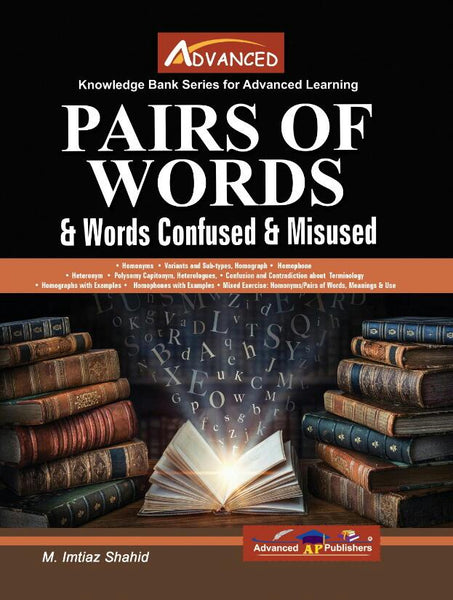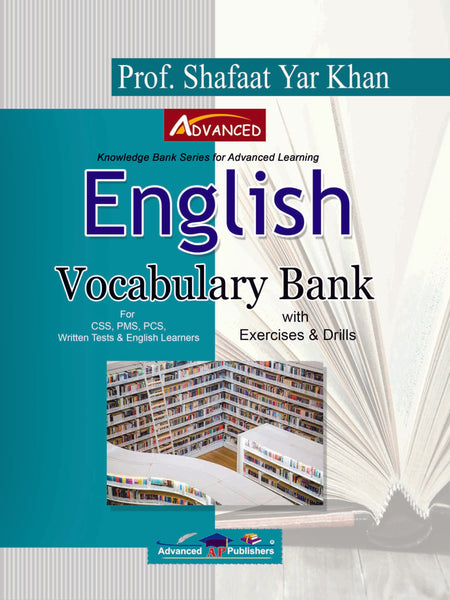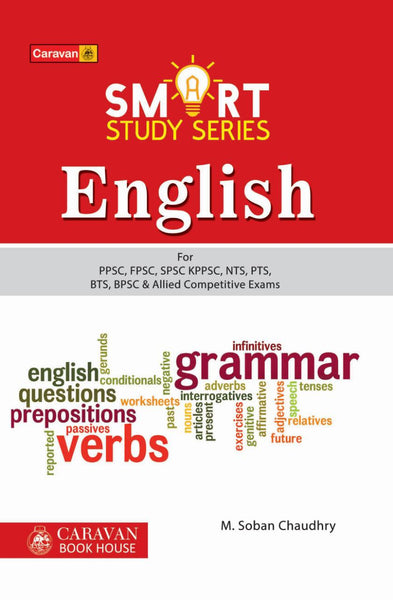Victorian Novel – Kitab Mahal
- Publisher: Kitab Mahal (Pvt) Ltd , KM
- Availability: In Stock
- SKU: 56011
- Number of Pages: 584
Rs.360.00
Rs.450.00
Tags: 19th-century novels , BS , BS English , BS English Victorian , character development , Charles Dickens , Charlotte Brontë , class , class struggles in novels , coming-of-age stories , Critical Studies , critical study , critique of industrialization , critique of religion , Emily Brontë , English , English fiction , GC University of Faisalabad , gender inequality , George Eliot , Government College , Great Expectations , industrial revolution in literature. , industrialization , Jane Eyre , Kitab Mahal , Kitab Mahal (Pvt) Ltd , KM , KM Excellent Guide , KM Excellent Notes , KM good luck series , literary themes , major universities of Pakistan , Middlemarch , morality in literature , narrative structure , NKM , Novel , past papers , social criticism , social issues in literature , social mobility , social reform in literature , SOLVED PAST PAPER , Solved Past Papers , Tess of the d’Urbervilles , Text , Thomas Hardy , Urdu Tarjama , Victorian era , Victorian literary techniques , Victorian Novel , Victorian writers , With Urdu Translation , Wuthering Heights
The KM Excellent Notes for BS English – Victorian Novel is a detailed guide specifically tailored for students of the Government College, GC University of Faisalabad, and other major universities in Pakistan. This guide covers the key elements of the Victorian novel, analyzing the prominent writers and their works during the Victorian era. It provides an in-depth study of themes, characters, and historical context, helping students understand the socio-political and cultural environment that influenced the literature of the time. The notes also include critical studies of important Victorian novels, literary devices, and a thorough examination of major texts that are often part of the curriculum.
Key Points
-
Introduction to Victorian Novels
- The Victorian era (1837-1901) coincided with Queen Victoria’s reign and was marked by significant social, political, and economic changes.
- Victorian novels reflect themes such as industrialization, social class, morality, and the impact of science and religion on society.
-
Key Writers of the Victorian Period
- Charles Dickens: Known for his social criticism and portrayal of the struggles of the poor in novels like Oliver Twist, David Copperfield, and Great Expectations.
- Charlotte Brontë: Best known for Jane Eyre, which explores themes of love, morality, and social criticism.
- Emily Brontë: Wuthering Heights is a gothic novel that delves into obsession, love, and revenge.
- George Eliot (Mary Ann Evans): Middlemarch is a key work focusing on moral dilemmas, marriage, and social reform.
- Thomas Hardy: Known for Tess of the d’Urbervilles and Far from the Madding Crowd, which explore themes of fate, class, and love.
-
Themes in Victorian Novels
- Industrialization and Social Change: The impact of the Industrial Revolution on society, including issues like child labor and the struggles of the working class.
- Moral and Social Values: Novels often explore the morality of individuals and society, questioning the roles of religion, law, and ethics.
- Class and Society: Victorian novels often examine the rigid class structure and the challenges of social mobility.
- Gender Roles: Many novels focus on the roles and expectations of women in society, and the critique of traditional gender norms.
- The Conflict between Science and Religion: The era was marked by the rise of scientific discoveries (like Darwin’s theory of evolution) that challenged traditional religious beliefs.
-
Important Victorian Novels
- Great Expectations by Charles Dickens: A coming-of-age story focusing on themes of class, ambition, and self-discovery.
- Jane Eyre by Charlotte Brontë: A story of a young orphaned girl who becomes a governess and falls in love with her employer.
- Middlemarch by George Eliot: A complex novel that explores the lives of different characters in a small English town, focusing on politics, marriage, and social reform.
- Wuthering Heights by Emily Brontë: A dark, passionate tale of love, obsession, and revenge set on the Yorkshire moors.
- Tess of the d’Urbervilles by Thomas Hardy: A tragedy about a young woman’s struggles with love, fate, and society’s harsh judgment.
-
Critical Study and Analysis
- Victorian novels are often analyzed through the lens of social criticism, focusing on the portrayal of contemporary issues.
- Literary techniques such as characterization, symbolism, and narrative structure are key to understanding the deeper meanings in Victorian novels.
- The novels often feature complex characters who grapple with moral choices, societal expectations, and personal desires.
════ ⋆★⋆ ═══
Publishers ✤ Kitab Mahal (Pvt) Ltd , KM

























